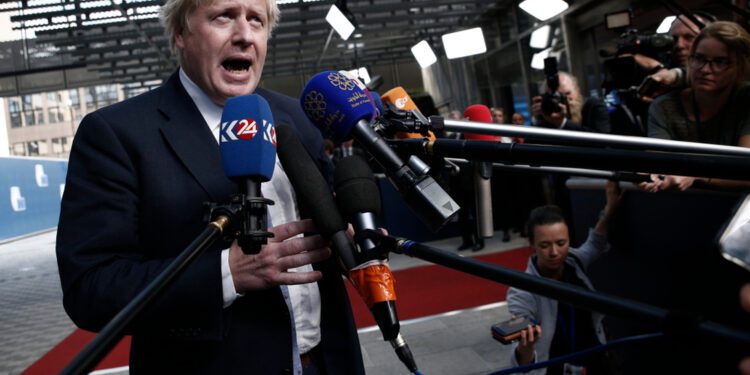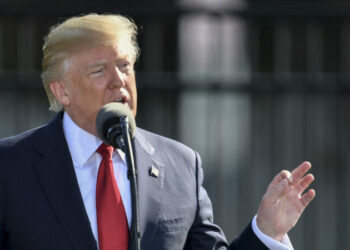After dozens of members of his party quit, Boris Johnson was forced to resign as U.K. prime minister Thursday.
Facing pressure for weeks Johnson’s popularity plunged after surging inflation is hitting the British economy. With millions facing a hard winter and the ongoing trade disputes with the European Union still impacting the labor market, the call for a change was finally heard.
The world’s fifth biggest economy inflation hit a 40-year high of 9.1% in May, and it was the highest among the G7 economies.
After the news broke U.K. stocks rose and the pound gained 0.75% to trade at $1.20 — recovering slightly from two-year lows hit only two days ago.
The former London mayor said he intends to leave his position until a new Tory leader is elected. The process for choosing the new Conservative Party head has started and is expected to take months. Details on the timetable will be disclosed in the coming days.
Speaking outside Downing Street Johnson said that he was “sad to be giving up the best job in the world,” but also noted that “no one is remotely indispensable.”
Johnson’s resignation came after a 48-hour period of immense pressure to step down after a growing list of scandals, a rebellion in its own party and a worsening economic outlook.












